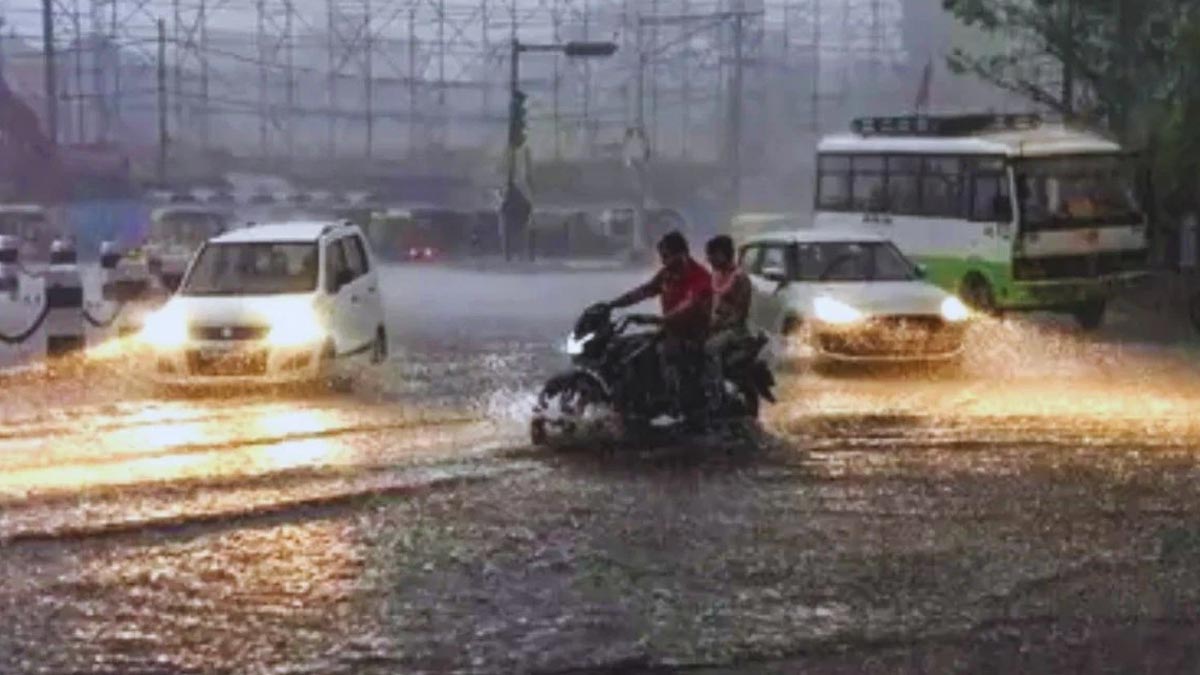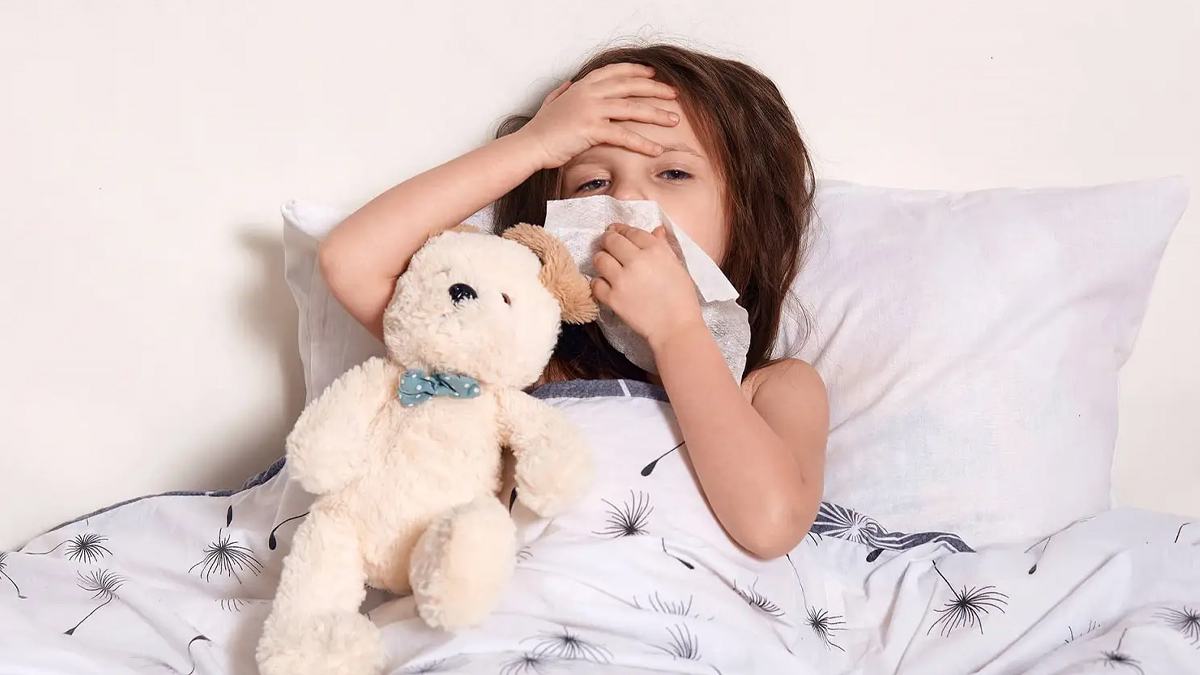
The Indian Meteorological Department (IMD) has issued a red alert for Gujarat, predicting relentless heavy rainfall in the region. In response to this forecast, the state government has taken proactive measures, including the closure of schools, to ensure the safety of students and staff. The heavy downpour over the past days has caused widespread flooding in several areas, including Vadodara and Ahmedabad, leading to the evacuation of thousands of residents and significant disruptions to daily life.
Table of Content:-
While the immediate focus is on dealing with the challenges posed by the heavy rains, it's crucial to also consider the impact of the monsoon season on children's health. Monsoon illnesses are common during this time, and parents need to be vigilant to protect their children from these seasonal health threats.
Impact of Heavy Rainfall in Gujarat
Gujarat has been experiencing intense rainfall, with some areas receiving between 200 to 300 mm in just one day. This has led to severe waterlogging, making roads impassable and disrupting transportation. The authorities have had to close many submerged underpasses and redirect traffic to prevent accidents. Rescue operations are in full swing, with the National Disaster Response Force (NDRF) and the State Disaster Response Force (SDRF) deployed across the state to assist those affected by the floods. However, the situation remains critical, with reports of people being swept away by floodwaters in various incidents, highlighting the dangers posed by the heavy rains.

Monsoon Illnesses in Children: What Parents Need to Know
The monsoon season, while a relief from the summer heat, brings with it a host of illnesses that predominantly affect children. Their developing immune systems make them particularly susceptible to infections. Understanding these illnesses and knowing how to prevent and treat them is key to keeping children healthy during this season.
Influenza (Flu)
The flu is highly contagious and spreads quickly during the monsoon season. Symptoms include fever, body aches, cough, sore throat, and fatigue. Children are particularly vulnerable due to their regular interactions at school and play.
Nasal Congestion
One of the most common ailments during the monsoon is nasal congestion, often referred to as a stuffy nose. The high humidity levels cause the nasal passages to swell, leading to discomfort and difficulty breathing. Children may experience a runny or blocked nose, frequent sneezing, and general unease.
Also Read: Polio Outbreak In Gaza: 10-Month-Old Baby Paralysed By Type 2 Polio Virus
Gastroenteritis
Gastroenteritis, or stomach flu, is another common illness during the monsoon. It involves inflammation of the stomach and intestines, leading to symptoms like vomiting, diarrhoea, stomach cramps, and dehydration.
Severe Abdominal Pain
Monsoon rains often lead to water contamination, increasing the risk of waterborne diseases that can cause severe abdominal pain in children. These conditions are typically the result of bacterial or viral infections that affect the gastrointestinal tract.
General Monsoon Health Tips for Children
As per Dr Sarath Babu, Paediatric Specialist, Apollo Cradle and Children's Hospital in Chennai, it's important to adopt general preventive measures to protect children's health during the monsoon season.
Keeping Children Dry and Clean
- Dress children in appropriate rain gear to prevent them from getting wet.
- Change wet clothes immediately to avoid skin infections.
Ensuring a Balanced Diet and Proper Nutrition
- Include plenty of fruits and vegetables in the diet to boost immunity.
- Serve warm, freshly cooked meals to reduce the risk of foodborne illnesses.
Also Read: Suspected Mpox Infected Patient Admitted To AIIMS Delhi, Shifted To AB-7 Ward
Encouraging Regular Exercise and Outdoor Activities
- Allow children to play outdoors when the weather is dry, but avoid stagnant water to prevent mosquito breeding.
- Ensure they wear full-sleeved clothing to protect against mosquito bites.
Bottomline
As Gujarat braces for more heavy rains, it's essential for parents to be prepared not only for the physical challenges posed by the monsoon but also for the health risks it brings. By staying informed and taking preventive measures, parents can help ensure their children remain healthy and safe during this season. The closure of schools, while necessary for safety, also serves as a reminder of the need for heightened vigilance against monsoon-related illnesses.
Also watch this video
How we keep this article up to date:
We work with experts and keep a close eye on the latest in health and wellness. Whenever there is a new research or helpful information, we update our articles with accurate and useful advice.
Current Version